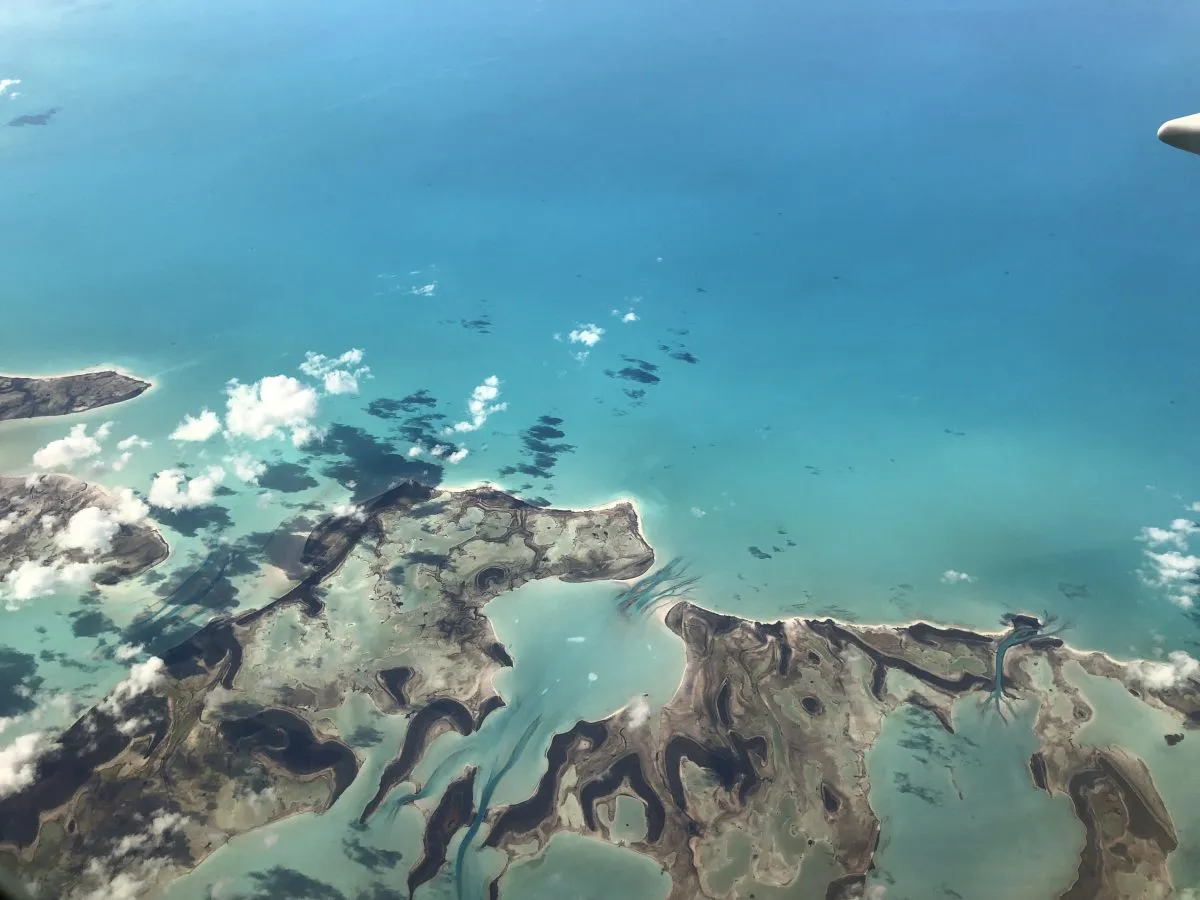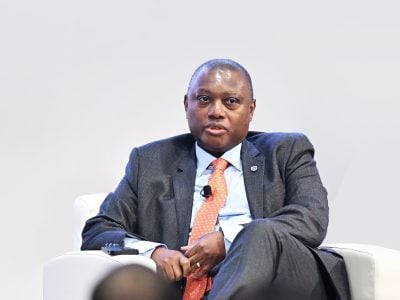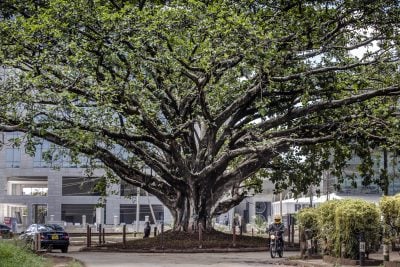The decision to hold the 31st annual meeting of the African Export-Import Bank (Afreximbank) in Nassau, capital of the Bahamas, reflects the Caribbean nation’s ambition to become a bridge between Africa and its diaspora.
The event featured African and Caribbean leaders, senior government officials, policymakers, bankers, business leaders and academics, as well as cultural icons such as actor Viola Davis, singer Wyclef Jean, and actor Boris Kodjoe. Leaders explored the concept of “Global Africa”, an idea gaining traction across the continent and beyond. It envisions African nations and their diaspora as a united front, working together for shared economic prosperity.
A prosperous and competitive Global Africa
Benedict Oramah, president and chairman of the board of directors at Afreximbank, highlighted the promise of a prosperous and competitive Global Africa as motivation for the bank’s venture into the Caribbean.
The African Union (AU) recognises the diaspora as the “sixth region” of the continent. Member states of the Caribbean Community and Common Market (CARICOM) have joined Afreximbank as participating member states, and the bank has opened a regional office in Barbados. By April, 11 out of 15 CARICOM member states had signed the bank’s participation agreement. The bank’s board has approved a limit of $1.5bn to support participating CARICOM states – set to rise to $3bn when all sign.
“I have always felt that when we trade with each other on the African continent, and with our brothers and sisters in the Caribbean, we are doing much more than business,” remarked Oramah. “We are, in fact, re-establishing our knowledge of each other, renewing bonds of history and solidarity which have been frayed by centuries of displacement, alienation and colonisation…
“The over two billion Africans spread around the world must now recognise that together, they constitute a powerful economic force that cannot be ignored; they must also recognise that power can only be potent and credible if delivered on a common and cohesive platform.”
Philip Davis, prime minister of the Bahamas, echoed this and stressed the need for Africa and the Caribbean to unite in the push to reform the global financial architecture. “We must embody the spirit of vigilance and an unbending principle, not only driven by economic interests but by the profound ethical imperative to advocate for a more inclusive and thorough global financial system.”
Monique Nsanzabaganwa, deputy chairperson of the AU Commission, pledged the AU’s continued support: it “is prioritising the reform of the international financial architecture, debt restructuring, food security, energy transitions, and improving Africa’s credit rating. Our interests align strongly with those of the Caribbean in these areas.”
African capital ownership is vital
Oramah highlighted the need for Africa to own its capital: “for many decades, the global capitalist economy, built on the sweat and blood of African slaves, has remained an unbearable burden on the shoulders of Africans; we are now poised to make it work for us. It is capital, owned, controlled and deployed by us, and not by others, that has the best chance of turning the iniquities of that sad history into an asset for a new beginning of shared prosperity.”
Financiers in Africa have responded to this by uniting under the banner of the Africa Club – a coalition of the continent’s most powerful finance houses that was launched in February at the 37th ordinary session of the AU. Formally named the Alliance of African Multilateral Financial Institutions (AAMFI), its founding members are Afreximbank, the Africa Finance Corporation (AFC), Trade and Development Bank Group (TDB Group), African Reinsurance Corporation (Africa Re), African Trade and Investment Development Insurance (ATIDI), Shelter Afrique Development Bank (ShafDB), and ZEP-RE (PTA Reinsurance). Its ranks are set to grow further.
Kenya’s President William Ruto proposed, via a video link, that African central banks and governments dedicate 30% of their national reserves to African development. Olusegun Obasanjo, former president of Nigeria, said that “I learned from my father that what you can do for yourself, don’t outsource it to somebody else, because it will not be good enough. We have outsourced our development to others to do for us. The time has come for change.”
Mahamadou Issoufou, former president of Niger, echoed this. “Africa must do away with this dependency syndrome, which gets us to think that the solutions to our problems are abroad.” He emphasised the need for Africa to trust itself and called for the strengthening of democratic institutions, contending that there is an undeniable link between peace and economic prosperity.
Hailemariam Desalegn, former prime minister of Ethiopia, highlighted the importance of understanding Africa’s history: “Our civilisation, the global civilisation, began in Africa… We can bring about the African Renaissance if we understand our history.”
Bold choices to accelerate integration
The African Continental Free Trade Area (AfCFTA) holds immense promise in terms of rectifying this situation, said Wamkele Mene, secretary general of the AfCFTA secretariat. He revealed that the secretariat is working with ministers to develop common rules of origin for local content, “to foster industrial development in Africa”.
But “it is easier to travel in the Caribbean and in Africa with a European passport, than it is with an African passport,” noted Arnold Ekpe, former group CEO of Ecobank and chairman of the Business Council for Africa. “That’s a problem. We can fix it. So why haven’t we fixed it?” Aliko Dangote, founder, chairman and CEO of Dangote Group, added: “as an investor, as someone who wants to make Africa great, I have to apply for 35 different visas on my passport.”
In essence, African nations need to decide: build their own industries, or continue relying on imports, argued Samaila Zubairu, president and CEO of the Africa Finance Corporation (AFC). “‘We are focused on structural transformation of the continent. We are focused on moving from the export of raw materials to finished goods and semi-processed goods, on capturing and retaining value on the continent,” he said.
Trade ties will advance African unity
Pamela Coke-Hamilton, executive director of the International Trade Centre (ITC), highlighted trade between Africa and the Caribbean. ITC’s latest research, conducted in collaboration with Afreximbank, reveals that this could reach $1.8bn annually by 2028. But these regions “scored the lowest on the World Bank logistics performance index and, unless we invest more in changing that, then even our best efforts at spurring greater intra-regional trade and investment will be for naught,” she observed.
Jeffrey Sachs, economist and public policy analyst, said Africa’s “most important challenge” is unity. “We’re living in a world of big players: China, India, the United States and Europe. Africa needs to be a big player… the Berlin Conference [among the colonising powers in 1884-85] left it with 54 different countries. This is deleterious for geopolitics, for risk premiums and for the scale of investment and industry,” he told delegates via a video link.
Sachs called on African countries to scale up investment in education, not because “it is nice, good, humane and moral – it is – but because it has the highest return of anything that a country can do,” he remarked. “Africa lags badly in education right now.”
With the right kind of investments and policies, Africa has the capacity to achieve sustained growth of 7% per annum compounded over the next 40 years, Sachs said. China achieved that between 1980 and 2020 – “It’s Africa’s time for a high growth, high investment, high finance trajectory. This is what needs to be agreed across the continent.”
Want to continue reading? Subscribe today.
You've read all your free articles for this month! Subscribe now to enjoy full access to our content.
Digital Monthly
£8.00 / month
Receive full unlimited access to our articles, opinions, podcasts and more.
Digital Yearly
£70.00 / year
Our best value offer - save £26 and gain access to all of our digital content for an entire year!

 Sign in with Google
Sign in with Google 



